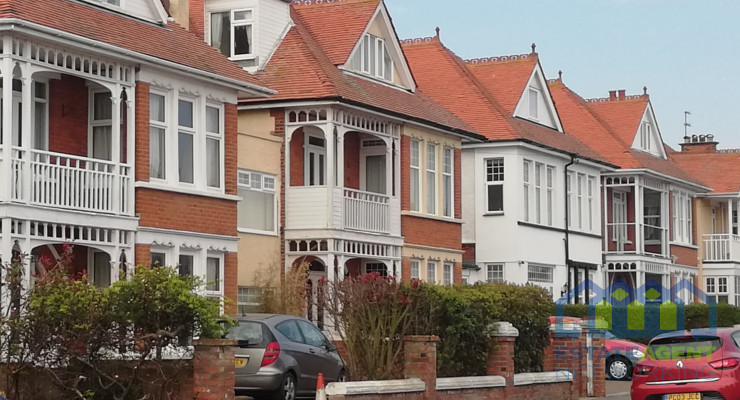Things to consider buying a house after retirement
Always choose the house that best meets your needs. This is particularly valid when purchasing a retirement residence. Homebuyers who are 60 years of age or older usually have distinct needs than those who are 25 or 30. This article will highlight the considerations made by experts including Notting Hill estate agents that you should make when purchasing a home after retirement.
What to Take Into Account When Purchasing a Home in Retirement
As we progress throughout the life-span spectrum, our needs alter. As a result, housing requirements will alter. Let’s examine the most crucial elements to take into account when purchasing a home after retirement.
Location
Assisting retirees with property purchases, location appears to be one of the most crucial considerations. Senior home purchasers are frequently concerned with three factors: proximity to family members, distance from physicians’ offices and hospitals, and crime rates in the area. All of us may become less willing or perhaps unable to leave the house as we become older. On the other hand, a lot of us will depend more on the help of other people, like family members. When purchasing a house after retirement, give careful consideration to the neighbourhood.
Using the Equity in Your Current Home
If you already own a property, you can use the equity you release when you sell it to pay for the house you’ll live in during retirement. Each person’s financial situation is unique. Pushing all of that home equity into the house you’re buying may make sense for certain folks. Others might find it preferable to borrow as much money as possible in relation to the price of the retirement house they plan to purchase.
Costs of Future Maintenance
The expense of homeownership includes maintenance. This should be taken into account when purchasing a home after retirement, especially if you plan to purchase a larger home. It can also be tempting to believe you can take care of your own house maintenance. But keep in mind that getting older can make it more challenging to handle things on our own. By buying a newer home, you can save money on expensive maintenance.
Home Safety And Security
Take into account the home’s security and safety before you purchase it. Yes, the majority of individuals would like to buy a house in a neighbourhood with less crime. How safe the house is to live in should also be taken into account when purchasing a property after retirement.
Slip, trip, and fall hazards include stairs, rugs, high thresholds, and uneven pavement on sidewalks or driveways. Another area where accidents happen frequently but without safety handles is the bathroom. Consider purchasing a property with 100% main floor living and few or no stairs. Additionally, search for a house with a level driveway and almost level grounds.
Your Family’s Budget
Buying a home is one of the most important decisions you’ll ever make. You’ll be spending thousands of dollars on a property that you can’t sell for years, and potentially decades. That’s why it’s so important to know exactly how much your house is worth before you buy it.
When purchasing a property after retirement, be sure it fits within your means. Everybody knows that as we age, our income becomes more fixed and there are less opportunities for discretionary spending. Housing expenses shouldn’t consume more than 25% of your annual income during your retirement years.
Property Class
If you are retired and thinking about buying a house, it’s important to consider how much money you have saved, where you want to live and what type of property is right for you.
For many people purchasing a home after retirement, certain property times are preferable alternatives. Different types of housing exist that can lessen some of the strain of homeownership. There are single-family home neighborhoods with no upkeep requirements. A good alternative might be a townhouse, condominium or patio home. Many of these home designs require a lot less upkeep.
The first thing to consider is if you want to live in an active adult community (also known as 55+ communities). These communities are designed for adults over 55 who want to live near their friends and family members without having their children nearby or without worrying about maintenance tasks for the house such as lawn care and snow removal. These communities often offer amenities such as swimming pools and fitness centers along with other services such as social activities like dances and card games.









